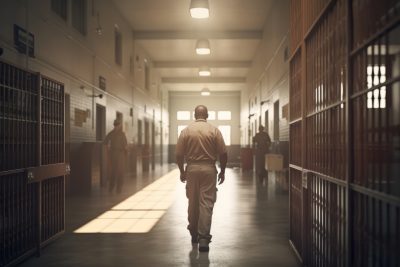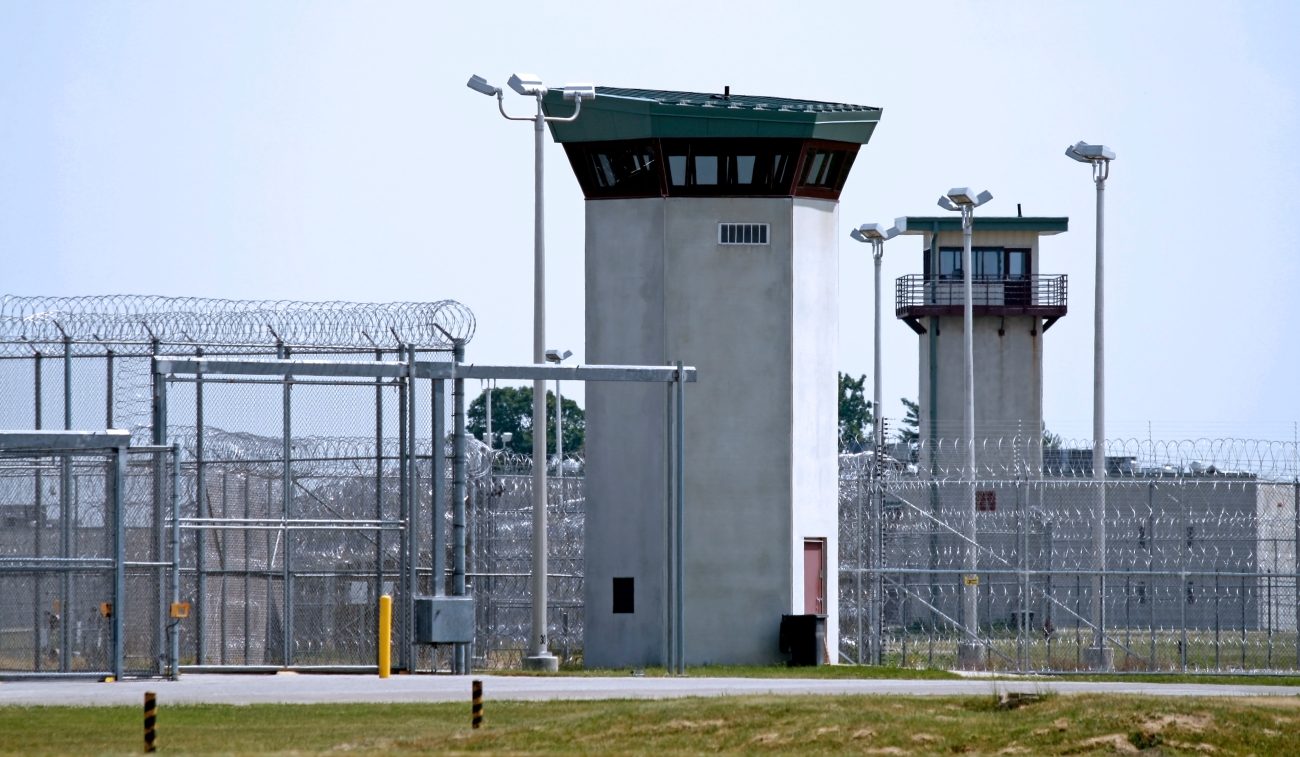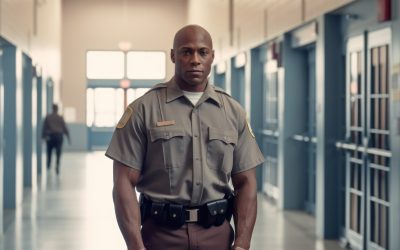Prison Guards - Correctional Officers
A career as a correctional officer is an important and demanding position that requires a high level of dedication and responsibility. The primary responsibility of a correctional officer is to ensure the safety and security of inmates in a correctional facility, as well as protect both staff members and visitors. Correctional officers are responsible for supervising inmates throughout their daily activities, including meals, work assignments, recreational activities, mail distribution, and counseling sessions. They may also patrol the facility grounds and monitor security systems.
Correctional officers must be knowledgeable of all policies pertaining to inmate care and safety. They must be prepared to handle any emergency situation that might arise in the facility or with its inmates. In addition to responding to emergencies quickly and calmly, they must also be able to communicate effectively with other staff members, supervisors, inmates, and outside organizations such as court systems or government departments. Correctional officers must also inspect prison cells for contraband materials or medical needs on a regular basis.
Correctional officers are expected to maintain order in the facility at all times by enforcing rules and regulations set by their agency or state guidelines. This includes monitoring inmate behavior for signs of misconduct or inappropriate interactions between inmates or staff members. In cases where violations occur, correctional officers are expected to document incidents thoroughly via records or written reports.
The job of a correctional officer can often involve long shifts in stressful environments with exposure to physical hazards such as fires, riots, fights between inmates, etc., it is important that they remain calm under pressure while carrying out their duties professionally at all times. It is essential that correctional officers have excellent communication skills in order to be successful in this field since many tasks involve interacting with both inmates and supervisors on a daily basis. Furthermore, strong interpersonal skills are essential in order to properly handle difficult situations without resorting to physical force when possible.

The Difference Between Corrections and Detention
Basic Requirements
Entering the correctional field requires a combination of education, physical fitness, personal suitability, and commitment to public safety and the well-being of inmates. Candidates who possess strong communication skills, sound judgment, empathy, and a dedication to upholding ethical standards are often well-suited for careers in corrections. Generally, the requirements to become a Correctional Officer include:



Specialized Assignments in Correctional Careers
Correctional officers undergo comprehensive training to fulfill their responsibilities effectively and ensure the safety, security, and well-being of both inmates and staff within correctional facilities. Specialized assignments may include:

Start your Law Enforcement Career in Corrections

Correctional officers have a direct and indirect impact on the public by promoting public safety, preventing crime, supporting the rehabilitation of convicted offenders, and contributing to the overall functioning of the criminal justice system.
